Global Messaging Platform Services
The most direct way that organizations communicate Brand Identity is through the messages they deliver to stakeholders. For International brands, this is even more critical because local differences in product offer, language, market conditions, and culture can all require subtle and not-so-subtle differences in messaging. A Messaging Platform for your brand provides a clear and consistent voice and message despite local differences. It guides your communication efforts across all global markets, ensuring that your brand's messages resonate with your local audience, fostering trust, connection, and differentiation.

- 1. What is a Global Messaging Platform?
- 2. Why do we need a Global Messaging Platform?
- 3. What’s the difference between a Messaging Platform and a Communication Strategy?
- 4. What are the key elements of a proper global messaging platform?
- 5. How can Duffy Agency help develop my organization’s global messaging platform?
What is a Global Messaging Platform?
A Global Messaging Platform is a strategic framework that defines the core messages, tone, and language used to communicate with your target audiences around the world. It outlines the key talking points, Value Propositions, and Brand Positioning that should be consistently conveyed across various communication channels and touchpoints. The Messaging Platform serves as a guide to ensure consistent and effective brand communication, enabling cohesive and impactful messaging that aligns with your brand’s objectives and resonates with your audiences. For International brands, it also addresses local differences between markets that could require modifications to the core Global Messaging Platform. While the Global Messaging Platform does not necessarily catalog the messaging nuances for each market, it does provide the framework and Guidelines to make those local modifications without diluting the Brand Identity.
Why do we need a Global Messaging Platform?
Organizations need a Messaging Platform for several compelling reasons, particularly if they are working in multiple markets. This makes it well worth the investment of time and resources. Here’s why:
- Consistency: A Messaging Platform ensures consistent messaging across all communication channels and touchpoints. It aligns your brand’s voice and messaging, regardless of who is communicating on behalf of the organization. This consistency enhances brand recognition, reinforces key messages, and builds trust with your audience. Even where the message may need to be altered to adapt to local conditions, it still needs to reflect the same core Brand Identity.
- Clarity: By developing a Messaging Platform, you clarify your brand’s core messages, Value Propositions, and unique selling points by adapting them to your stakeholder targets and segments. This clarity helps you effectively articulate your brand’s purpose, benefits, and differentiation, making it easier for your audience to understand and connect with your brand.
- Differentiation: In a crowded marketplace, a Messaging Platform helps you differentiate your brand from competitors. It identifies the unique aspects of your brand and crafts compelling messages that highlight your distinct value, positioning you as a preferred choice by your target audience.
- Targeted Communication: A Messaging Platform enables you to tailor your messages to specific audience segments and markets. By understanding your audience’s needs, motivations, and pain points, you can create targeted messages that resonate and address their specific concerns, increasing engagement and response rates.
- Managing local market conditions, culture, and language: Crafting messages for global use will require local adaptations in almost every market. Without a solid Messaging Platform, this can result in a starkly different Brand Image in each market. The Messaging Platform provides guidance on how to adapt messages to local situations without abandoning the Brand Identity. This way, the organization can foster the same Brand Image globally while allowing for local differences in the messaging.
- Efficiency and Effectiveness: With a well-crafted Messaging Platform, you have a strategic framework in place, saving time and effort in crafting messages from scratch for each communication. It streamlines the process, ensuring that your messages are consistent, on-brand, and aligned with your overall Marketing Strategy, leading to more effective and impactful communication.
- Brand Reputation and Trust: Consistent and well-crafted messaging enhances your brand’s reputation and builds trust with your audience. When your messages consistently deliver value, resonate with your audience, and align with their expectations, it fosters a positive perception of your brand and strengthens the trust they have in your offerings.
- Adaptability and Agility: A Messaging Platform provides a foundation that can be adapted and refined as market dynamics, customer preferences, and industry trends evolve. It allows you to stay agile and respond effectively to changing circumstances while maintaining consistency and brand integrity.
Investing in a Messaging Platform is a strategic decision that yields long-term benefits for your organization. It empowers you to communicate more effectively, differentiate your brand, and build a strong and resonant connection with your target audiences globally, ultimately driving business growth and success.
What’s the difference between a Messaging Platform and a Communication Strategy?
In marketing, there is often overlap in the terminology used, and different sources may define these terms slightly differently. However, a general distinction is as follows:
Messaging Platform: A set of core messages, positioning statements, and Value Propositions that are developed in order to communicate the brand’s key attributes, benefits, and unique selling points. It serves as a foundation for consistent and impactful brand communication across various markets, marketing channels, and touchpoints. It outlines the key messages and themes that resonate with the target audience and supports the overall brand strategy.
Localized Communication Strategy: A plan that defines the resources and tactics for communicating with a local target audience. It goes beyond messaging and includes local considerations of language, culture, channels, timing, audience segmentation, and specific local objectives. It outlines the channels and methods that will be used to reach and engage with the target audience effectively, including how any translation and adaptation will be managed. It may include advertising, public relations, digital marketing, social media, events, and other communication channels to deliver the brand’s messages and achieve specific marketing objectives.
In summary, a Messaging Platform focuses on developing the core messages and Value Propositions that will guide the brand’s communication globally. A Localized Communication Strategy, on the other hand, is a more focused plan that defines the overall approach and tactics for reaching and engaging a given local target audience using various local communication channels and resources.
What are the key elements of a proper Global Messaging Platform?
The steps below are required to create or revise an organization’s Global Messaging Platform. Please note, we often do this work in combination with developing the Marketing Strategy and/or Brand Identity. In those cases, the steps below (indicated with an asterisk) would have already been covered by that work:
- Brand Positioning*: Clearly define your brand’s unique position in its category, highlighting what sets it apart from competitors and makes it a perfect fit for the segments you are targeting.
- Value Proposition*: Articulate the specific benefits and value that your brand offers to customers. Highlight the problem you solve, the outcomes you deliver, and the advantages you have over alternatives. Clearly communicate why customers should choose your brand.
- Core Messages: Develop a set of core messages that convey your brand’s key points in a clear, concise, and compelling manner. These messages should align with your Brand Positioning and Value Proposition, encapsulating the essence of what you want to communicate.
- Tone and Manner*: Define the appropriate tone and manner for your brand’s communication. This includes considerations like formality, humor, empathy, or authority, depending on your brand personality and the preferences of your target audiences. Establish Guidelines to ensure a consistent tone across all communication channels.
- Storytelling: Incorporate storytelling elements into your Messaging Platform to engage and connect emotionally with your audience. Develop narratives that illustrate your brand’s mission, values, and customer success stories. These stories should be authentic, relatable, and aligned with your overall Brand Identity.
- Messaging for Different Audiences: Tailor your messages for different audience segments. Identify the specific needs, pain points, and aspirations of each segment and develop messages that resonate with their unique characteristics. This ensures targeted and relevant communication for each segment.
- Messaging for Different Markets: Tailor your messages to account for local differences between markets without diluting your Brand Identity. Differences can be related to different product offers, culture, language, competitive landscape, or market conditions. Having a Messaging Platform provides a framework and Guidelines to swiftly assess, anticipate, and adapt with minimal disruption.
- Proof Points: Include supporting evidence, statistics, testimonials, or case studies that validate your brand’s claims and build credibility. These proof points add substance and reinforce the trustworthiness of your messages and may also require adaptation to different markets.
- Visual and Verbal Guidelines: Establish Guidelines for visual and verbal elements that support your messaging. These include recommendations and local adaptations for visual branding such as logo usage, color palette, and typography, as well as Guidelines for verbal expressions like taglines, catchphrases, and key terms to use consistently.
- Integration with Brand Identity: Ensure that your Messaging Platform aligns with your brand’s overall identity, values, and personality. Consistency between your messaging and visual branding creates a cohesive and unified brand experience.
- Guidelines and Training: Provide clear Guidelines and training materials to internal stakeholders, including employees, marketing teams, and external partners in different markets working in different languages. This ensures that everyone involved in brand communication understands and adheres to the Messaging Platform, maintaining consistency and clarity worldwide.
By incorporating these key elements into your Messaging Platform, you can create a strategic framework that guides your brand’s communication efforts globally, ensuring consistency, clarity, and effectiveness in delivering messages that resonate with your target audiences.
How can Duffy Agency help develop my organization’s Global Messaging Platform?
Duffy Agency provides all aspects of the global messaging platform described above:
- Brand Positioning
- Value Proposition
- Core Messages
- Tone and Manner
- Storytelling
- Messaging for Different Audiences
- Messaging for Different Markets
- Proof Points
- Visual and Verbal Guidelines
- Integration with Brand Identity
- Guidelines and Training
Duffy Agency provides a great deal of flexibility in designing these programs to match the needs of the organization and the wishes of the leadership team. We typically combine the three approaches below to different aspects of the project.
1. Turnkey
We can develop all or some aspects of the Global Messaging Platform for your organization ourselves. This is often the best option for small to mid-sized companies that may not have a dedicated Strategic Marketing team.
2. Cooperative
We can develop all or some aspects of the Global Messaging Platform in cooperation with your people. The Agency takes the lead but runs the project, holds workshops, and delegates work to the organization along the way. This is often the best option when the organization has a marketing department but they are not experienced in developing Brand Identity.
3. Instructional
We can train people in your organization to develop all or some aspects of the Global Messaging Platform themselves. This is often the best option for companies that have a functioning marketing department but are trying to introduce more uniform marketing best practices in the organization.
Get in touch if it sounds like you could use our help with your Global Messaging Platform.
Contact us
Contact us to discuss which approach may work best for your organization.
This form collects your details so that we can provide you with further information in answering any questions you may have submitted. Check out our privacy policy for the full story on how we protect and manage your submitted data.

What our clients say
Trusted by the World’s Best Companies
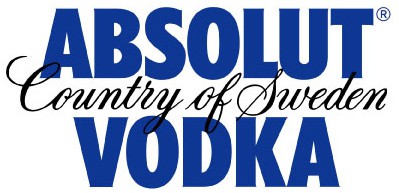
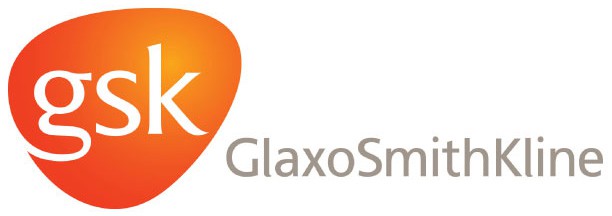



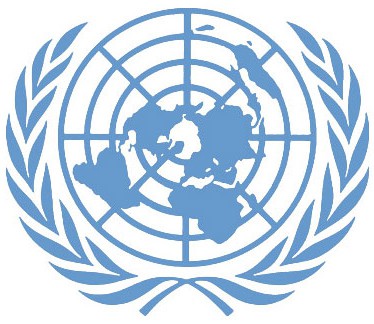
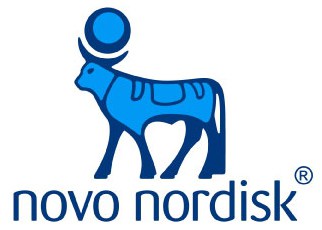



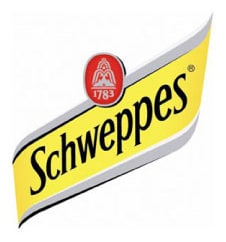
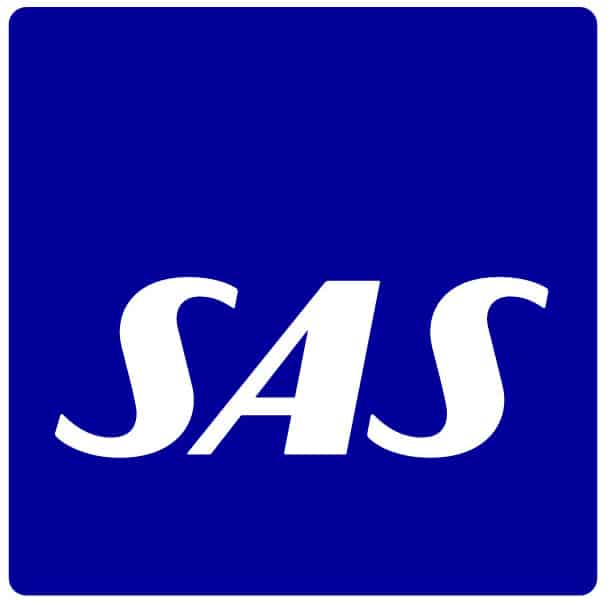
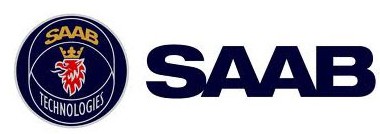
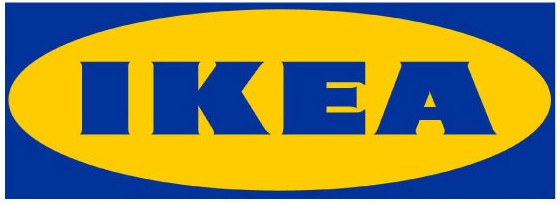
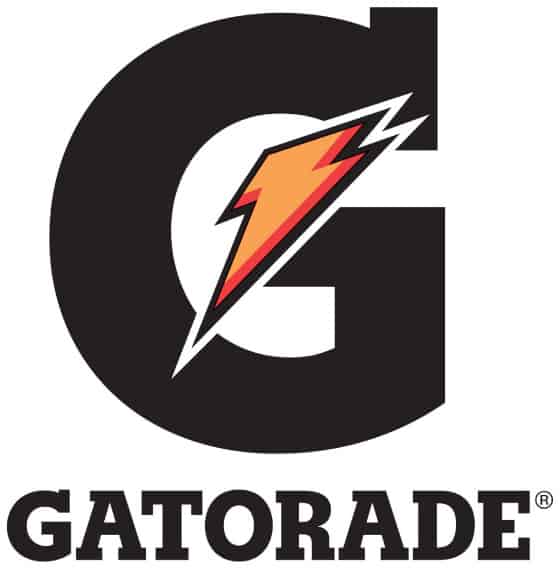









Contact us
Duffy Agency maintains a meeting space in Malmö, Sweden and Boston, MA, USA, but as of June 2023, we have converted to a 100% remote work model.
Duffy Agency USA
Mailing Address:5 Hutchings Dr Suite 100
Box 398 Hollis, NH 03049 USA
 +1 (617) 800-9887
[email protected]
+1 (617) 800-9887
[email protected]
Duffy Agency Europe
Mailing Address:Davidshallsgatan 27B
SE-21145 Malmö, Sweden
 +46 (40) 123-451
[email protected]
+46 (40) 123-451
[email protected]









